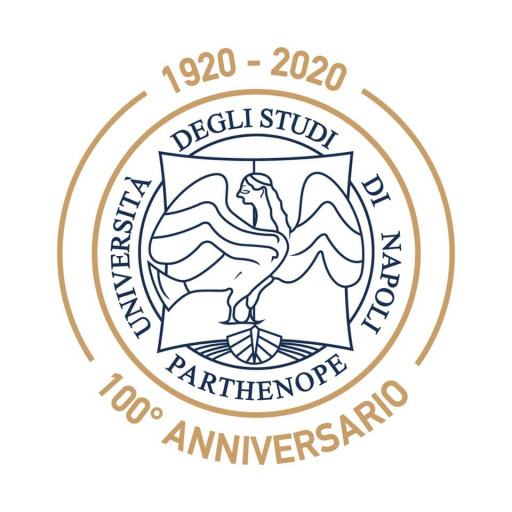Photos of university
The Risk Management of Financial Markets program at the University of Cape Town offers a comprehensive and rigorous curriculum designed to equip students with the essential skills and knowledge necessary to navigate and address the complex challenges in contemporary financial markets. This program provides a deep understanding of the principles of risk management, including identifying, analyzing, and mitigating various types of financial risks such as market risk, credit risk, liquidity risk, and operational risk. Through a combination of theoretical frameworks and practical applications, students learn to develop effective risk management strategies that are vital for financial institutions, asset management firms, and corporate entities operating within volatile and uncertain economic environments.
The program features coursework in financial derivatives, quantitative analysis, and stochastic processes, enabling students to model and forecast market behaviors accurately. Participants will explore advanced topics such as portfolio risk management, Value at Risk (VaR), stress testing, and regulatory frameworks shaping risk mitigation efforts globally. Experienced faculty members, many of whom have extensive research backgrounds and industry experience, guide students through case studies, simulation exercises, and real-world projects that foster critical thinking and decision-making skills.
Additionally, the program emphasizes ethical considerations and compliance requirements, preparing students to uphold integrity and transparency in their professional roles. Collaboration with leading financial institutions and involvement in workshops and seminars ensures that students gain practical insights and networking opportunities relevant to a competitive job market. Graduates of this program are well-positioned to pursue careers as risk analysts, financial risk managers, compliance officers, or consultants specializing in financial risk assessment and mitigation. Overall, the Risk Management of Financial Markets program at UCT offers a robust education that blends academic excellence with practical relevance, empowering graduates to effectively manage risks and contribute positively to the stability and resilience of financial systems worldwide.
- DOC5011F Risk Management Quantitative Modelling
- DOC5013F Risk Management Markets
- DOC5010S Risk Management Governance
- BUS5005W Minor Dissertation
- An NQF level 8 qualification (Honours or four-year equivalent degree)
- At least 18 credits of Mathematics at NQF level 5 (MAM1010F at UCT)
- At least 18 credits of Microeconomics at NQF level 5 (ECO1010F at UCT)
- At least 18 credits of Macroeconomics at NQF level 5 (ECO1011S at UCT)
- At least 18 credits of Statistics at NQF level 5 (STA1000S at UCT)
- Certified copies of official academic transcripts in ENGLISH (full transcripts for each tertiary institution attended)
- Certified copies of degree certificates in ENGLISH (for each tertiary institution attended where applicable)
- Applicants from universities situated in non-English speaking countries: TOEFL/IELTS certificate OR letter from previous tertiary institution stating “English as medium of instruction” for the programme
- Curriculum vitae (include work experience)
- A recent score (obtained within 3 - 5 years before application for admission) of at least 570 (paper-based test) or 230 (computer-based test) on the Test of English as a Foreign Language (TOEFL)
- A recent overall band score of 7.0 (with no individual element of the test scoring below 6.0) on the International English Language Testing System (IELTS).
- OR, noting that this may only be written at certain designated venues within South Africa, a score of at least 65% on the university's Placement Test in English for Educational Purposes (PTEEP).
Scholarships
- International & refugee scholarships
- Merit awards
Risk Management of Financial Markets at the University of Cape Town is a comprehensive programme designed to equip students with essential knowledge and skills in the fields of financial risk analysis, management techniques, and the functioning of financial markets. The programme covers a broad spectrum of topics, including the principles of financial risk, types of risk such as credit, market, and operational risk, and methodologies for assessing and mitigating these risks. Students are introduced to advanced quantitative methods, financial instruments, and regulations that are critical for effective risk management in contemporary financial institutions.
The programme offers both theoretical and practical perspectives, often involving case studies, financial modelling, and simulations to prepare students for real-world challenges. It aims to develop critical thinking, analytical abilities, and the capacity to implement risk management strategies effectively within various financial environments. Students gain familiarity with industry-standard tools and software, understanding how they are applied to monitor, control, and reduce financial risks.
Typically, the programme is structured to include coursework, seminars, and research opportunities, providing a balanced mix of academic rigour and practical application. Graduates of the programme are well-positioned for careers in financial institutions, including banks, investment firms, insurance companies, and regulatory agencies. They are also prepared to pursue advanced research or professional certifications in risk management.
The University of Cape Town's programme aligns with international standards and is often taught by experienced faculty with backgrounds in finance, economics, and risk management. While the specific duration and entry requirements may vary, prospective students usually need a relevant undergraduate degree and demonstrate strong quantitative skills. The programme may also include guest lectures from industry professionals, providing insights into current trends and challenges in financial risk management. Overall, the programme aims to produce graduates who are capable of designing, implementing, and overseeing risk management frameworks to foster stability and growth in the financial sector.










